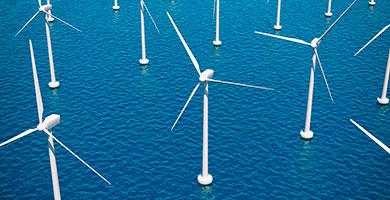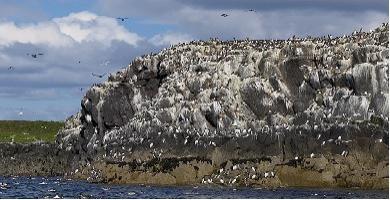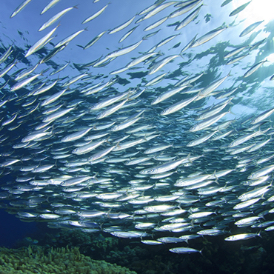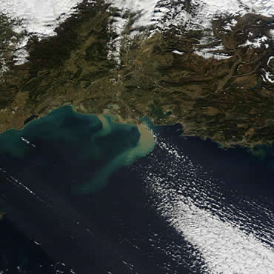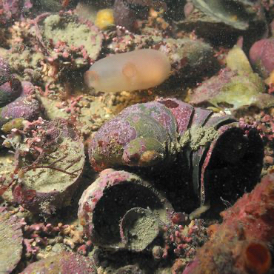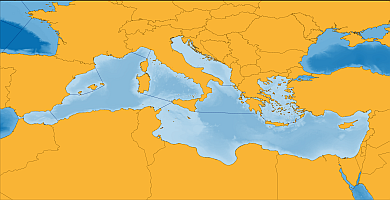
The Checkpoint regional projects have established a method for ‘valuing’ the marine data made available through initiatives such as EMODnet and Copernicus for the benefit of key downstream applications to foster the Blue Economy.
The challenges provided a way to value data and made informed choices about suitability of a dataset to solve their particular problem.
As with other EMODnet Checkpoints, EMODnet MedSea assessed basin-monitoring systems on the basis of the data needs from 7 end-user applications. These were of paramount importance for: (i) the blue economy sector (offshore industries, fisheries); (ii) marine environment variability and change (eutrophication, river inputs and ocean climate change impacts); (iii) emergency management (oil spills); and (iv) preservation of natural resources and biodiversity (Marine Protected Areas).]


